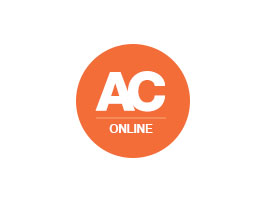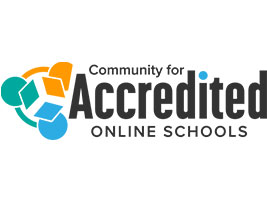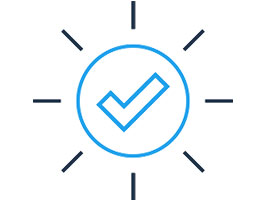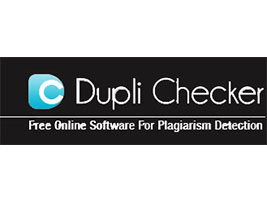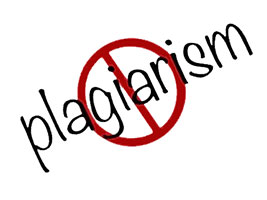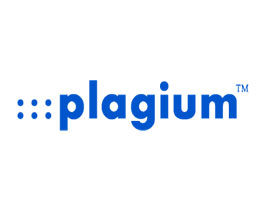What is plagiarism and what you need to know
by StudyMalaysia on April 17, 2017 | Top Stories
Are you working on your term assignment? Or writing an essay? Or perhaps researching your final year project paper? STOP! Have you ever heard of plagiarism? Do you know what it means? Read this to find out more about plagiarism and what you need to know so that you can avoid it.
If you’re a college or university student, it’s important for you to know that plagiarism is a serious form of academic misconduct that could get you expelled. In simpler words, academic misconduct in this case means cheating.
We know that it’s tempting to copy or ‘borrow’ someone’s ideas in your assignment; some of you may feel that it’s OK to do it especially when you feel that you have a similar idea or agree with a particular opinion. But don’t forget that the whole point of doing (and writing) as assignment is for a student to learn and grow. Yes, that means YOU!
The purpose of college or university is not to teach you to copy or modify someone’s ideas and make it your own. Rather, you go to college to learn, discover, think, understand, and create. That’s right, your lecturers and professors want you to develop your own ideas and your own work.
Here are some ways to avoid falling into the plagiarism trap:
- If your college or university offers a class or talk on plagiarism, make sure you sign up for it. Here’s your chance to learn what constitutes plagiarism, and what doesn’t. These sessions are also a great opportunity for you to ask your lecturers and professors questions.
- Every college or university subscribes to a certain style guide for citations – APA, MLA, Chicago, Turabian, Harvard, IEEE and more. Find out which your institution uses and learn it well.
- Paraphrasing is one of the trickiest things you’d have to deal with when writing your assignment. If you think that it’s OK to change a few words here and there from someone else’s work and passing it off as your own, think again. In many cases, the modified sentence or idea would still require a citation.
- Use a plagiarism checker. Many colleges and universities provide students with an account to plagiarism resources. Make sure you use it. If your college doesn’t provide one, look for a free plagiarism checker resource online.
- If your tutor or lecturer offers to read through your work and offer some pointers, jump at the chance! Of course that would mean you’d need to complete your assignment way ahead of time so that you give them sufficient time to read your assignment. Also, you’d need time to make the necessary changes after. Bear in mind that your tutor or lecturer would be less likely (or willing) to offer help if you ask them at the very last minute.
Common types of plagiarism
- Direct plagiarism - the word-for-word transcription of a section of someone else’s work, without attribution and without quotation marks.
- Self plagiarism - occurs when a student submits his or her own previous work without permission from all professors involved.
- Mosaic plagiarism - occurs when a student borrows phrases from a source without using quotation marks, or finds synonyms for the author’s language while keeping to the same general structure and meaning of the original.
- Accidental plagiarism - occurs when a person neglects to cite their sources, or misquotes their sources, or unintentionally paraphrases a source without attribution.
Still doubtful? Want to read more about plagiarism? Here are some useful links.
Plagiarism Prevention & AwarenessPlagiarism on campus - Resources to help detect, prevent and avoid classroom plagiarism for teachers and students |
Guide To Preventing PlagiarismUnderstanding and preventing plagiarism strategies and resources for students and teachers |
5 Most Effective Methods for Avoiding PlagiarismSimply take the time to understand exactly what plagiarism is and the best methods for avoiding it. If you follow these easy tips, you can make sure that you create work that doesn’t inadvertently steal ideas or words |
Need help with citations? Check out the Purdue OWL.
Need a free online plagiarism checker? Try these:
Article CheckerThe ArticleChecker is an extremely useful writing tool, which helps you write clearly and confidently. With ArticleChecker you can always be sure that your essays are plagiarism free. |
Dupli CheckerThis software is far better than the search engines for duplication checking because a search engine comes up with a limited search on your required material but such software is specifically aimed to find out the plagiarism, or the copy paste text from the other websites. |
GrammarlyGrammarly makes sure everything you type is easy to read, effective, and mistake-free. |
Plagiarism CheckerFree Plagiarism Detection On the Internet |
PlagiumPlagiarism checker & plagiarism detection |
Sources used in this article include:
- Affordable Colleges Online, Plagiarism on campus
- Bowdoin, “The Common Types of Plagiarism”
- eLearners, “How to avoid plagiarism”
You May Also Be Interested In...
What you need to know about the current job market in Malaysia
![What you need to know about the current job market in Malaysia - StudyMalaysia.com]() The Critical Occupations List 2016/2017 sheds some light on what you n...
The Critical Occupations List 2016/2017 sheds some light on what you n...�Malaysian Universities Move Up in QS World Universities Ranking
![�Malaysian Universities Move Up in QS World Universities Ranking - StudyMalaysia.com]() Five Malaysian universities move up in QS world universities ranking. ...
Five Malaysian universities move up in QS world universities ranking. ...Top jobs in demand in Malaysia 2019
![Top jobs in demand in Malaysia 2019 - StudyMalaysia.com]() Are you wondering what jobs are most in demand? Knowing which industri...
Are you wondering what jobs are most in demand? Knowing which industri...College open-day the virtual way
![College open-day the virtual way - StudyMalaysia.com]() If you’ve been planning to visit a college or university’s open da...
If you’ve been planning to visit a college or university’s open da...MOHE approves pre-U enrolment using SPM trial results
![MOHE approves pre-U enrolment using SPM trial results - StudyMalaysia.com]() If you’re planning to pursue a pre-university, certificate or diplom...
If you’re planning to pursue a pre-university, certificate or diplom...Technical and vocational education and training (TVET) in Malaysia
![Technical and vocational education and training (TVET) in Malaysia - StudyMalaysia.com]() Technical and Vocational Education and Training (TVET) includes formal...
Technical and Vocational Education and Training (TVET) includes formal...
















